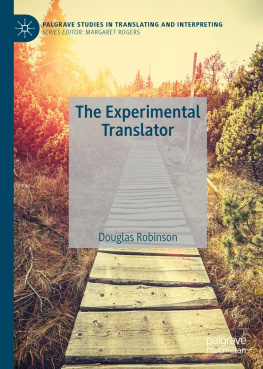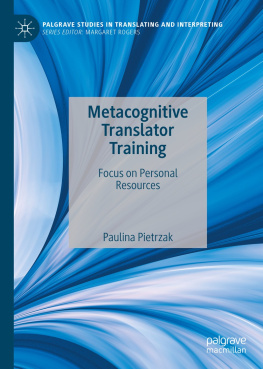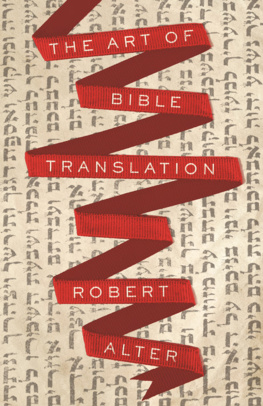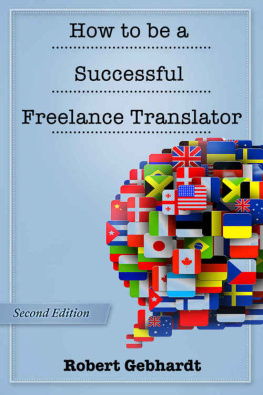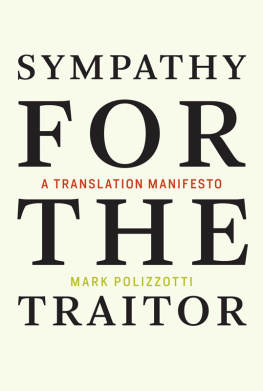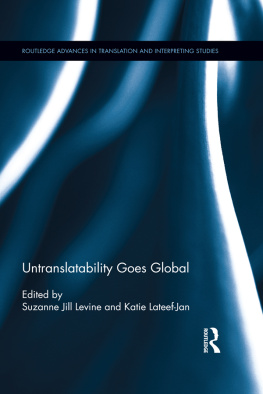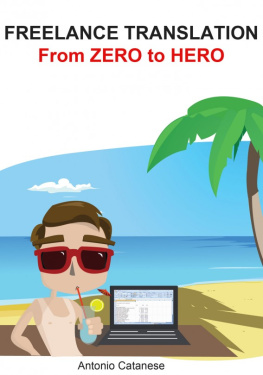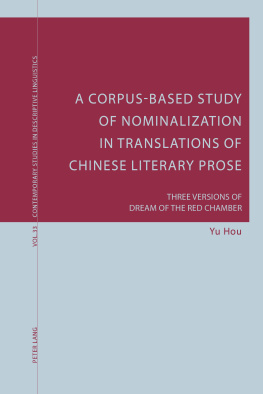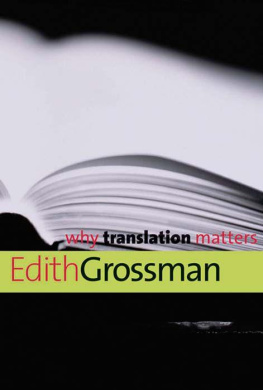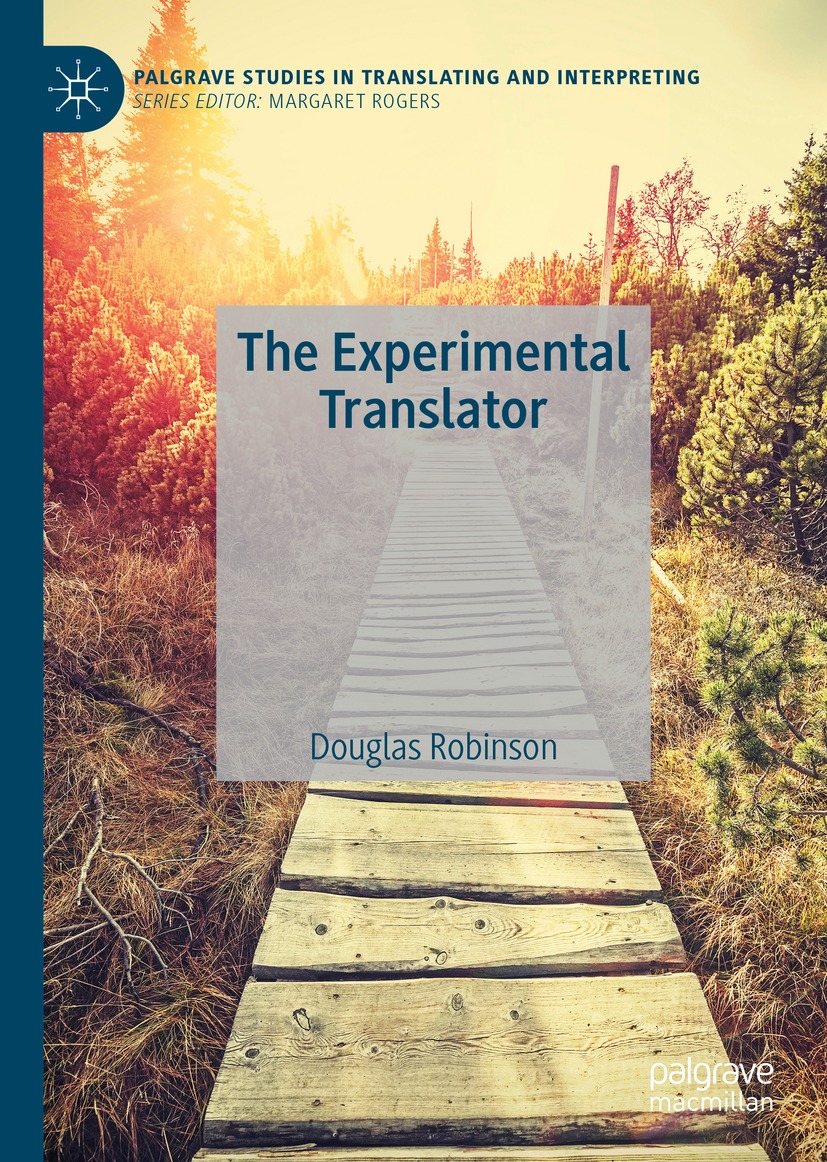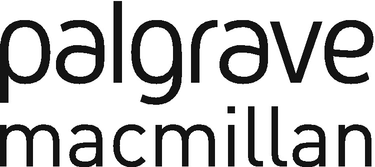Douglas Robinson - The Experimental Translator
Here you can read online Douglas Robinson - The Experimental Translator full text of the book (entire story) in english for free. Download pdf and epub, get meaning, cover and reviews about this ebook. year: 2023, publisher: Palgrave Macmillan, genre: Science. Description of the work, (preface) as well as reviews are available. Best literature library LitArk.com created for fans of good reading and offers a wide selection of genres:
Romance novel
Science fiction
Adventure
Detective
Science
History
Home and family
Prose
Art
Politics
Computer
Non-fiction
Religion
Business
Children
Humor
Choose a favorite category and find really read worthwhile books. Enjoy immersion in the world of imagination, feel the emotions of the characters or learn something new for yourself, make an fascinating discovery.
- Book:The Experimental Translator
- Author:
- Publisher:Palgrave Macmillan
- Genre:
- Year:2023
- Rating:5 / 5
- Favourites:Add to favourites
- Your mark:
The Experimental Translator: summary, description and annotation
We offer to read an annotation, description, summary or preface (depends on what the author of the book "The Experimental Translator" wrote himself). If you haven't found the necessary information about the book — write in the comments, we will try to find it.
This book celebrates experimental translation, taking a series of exploratory looks at the hypercyborg translator, the collage translator, the smuggler translator, and the heteronymous translator.
The idea isnt to legislate traditional translations out of existence, or to win some kind of literary competition with the source text, but an exuberant participation in literary creativity. Turns out there are other things you can do with a great written work, and there is considerable pleasure to be had from both the doing and the reading of such things.
This book will be of interest to literary translation studies researchers, as well as scholars and practitioners of experimental creative writing and avant-garde art, postgraduate translation students and professional (literary) translators.
Douglas Robinson: author's other books
Who wrote The Experimental Translator? Find out the surname, the name of the author of the book and a list of all author's works by series.

